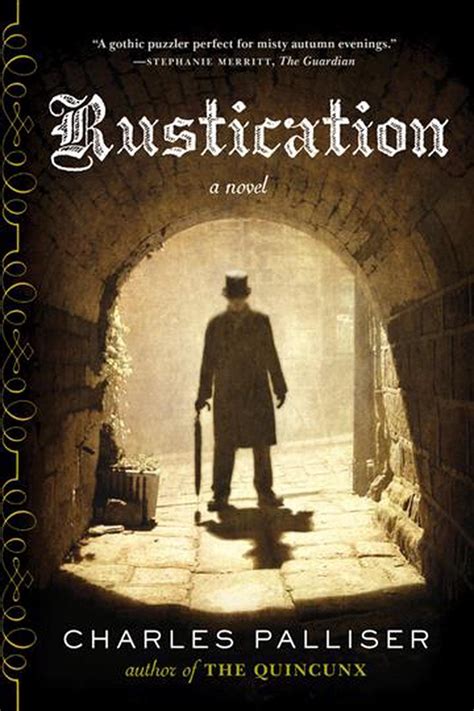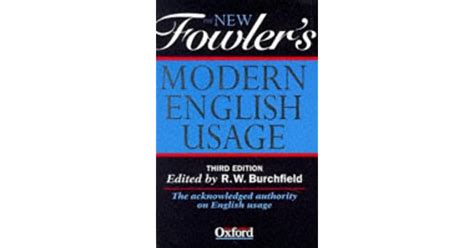A Quote by Charles Palliser
I think every first-person narrator in a novel should be compromised. I prefer that word to unreliable.
Quote Topics
Related Quotes
I think the large part of the function of the Internet is it is archival. It's unreliable to the extent that word on the street is unreliable. It's no more unreliable than that. You can find the truth on the street if you work at it. I don't think of the Internet or the virtual as being inherently inferior to the so-called real.
I first read 'Lolita' when I was 16, which I think is a little bit young. But it was a thrilling and disturbing read because it was the first time I really sensed that you could have an unreliable narrator, that you didn't have to sort of tell the truth in a narrative, that there could be something deeper and richer and more complicated going on.
If someone tells you that George Bush is not the 43rd president of the United States, they might be engaged in wishful thinking, or denial, but if they make that claim, it's either true or false! And you can assess that, regardless of whether there's an omniscient narrator, or an unreliable narrator, or it's shot in vérité, or it's manipulated, it's agitprop, whatever! It makes no difference! It's a style!
Almost all of the stories in The Matchmaker, the Apprentice, and the Football Fan are told in the first person, yet, depending on the angle and distance of the narrator, they exert different effects. The best are those in which the speaker never poses as an objective outsider. (...) Other stories are damaged by the urge to distance the narrator.






































